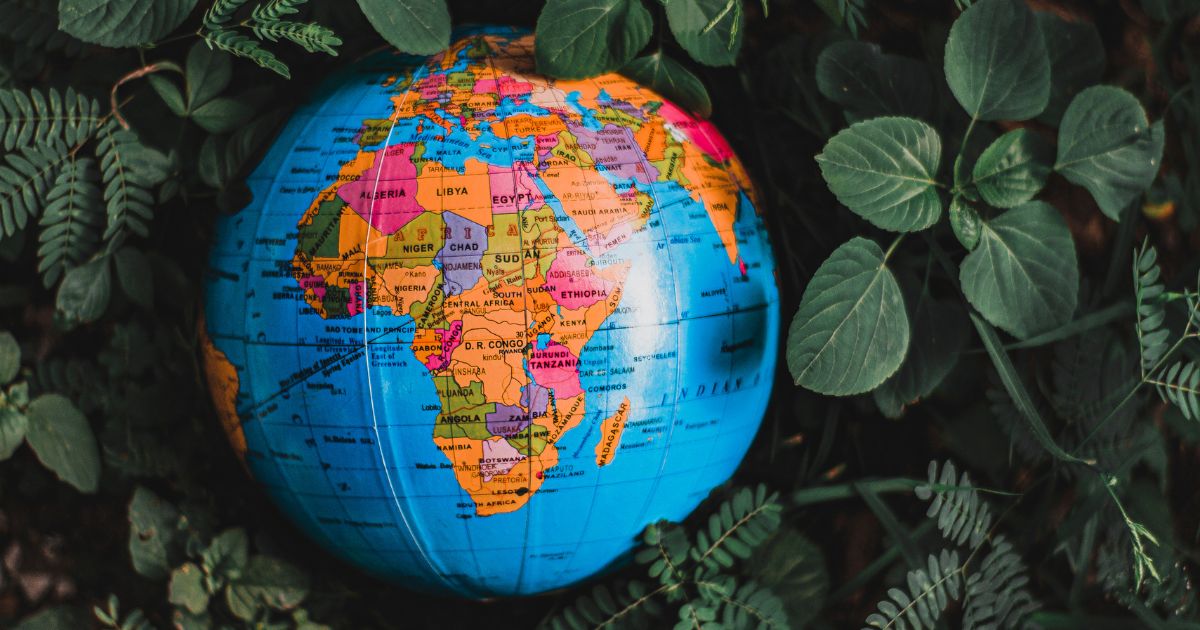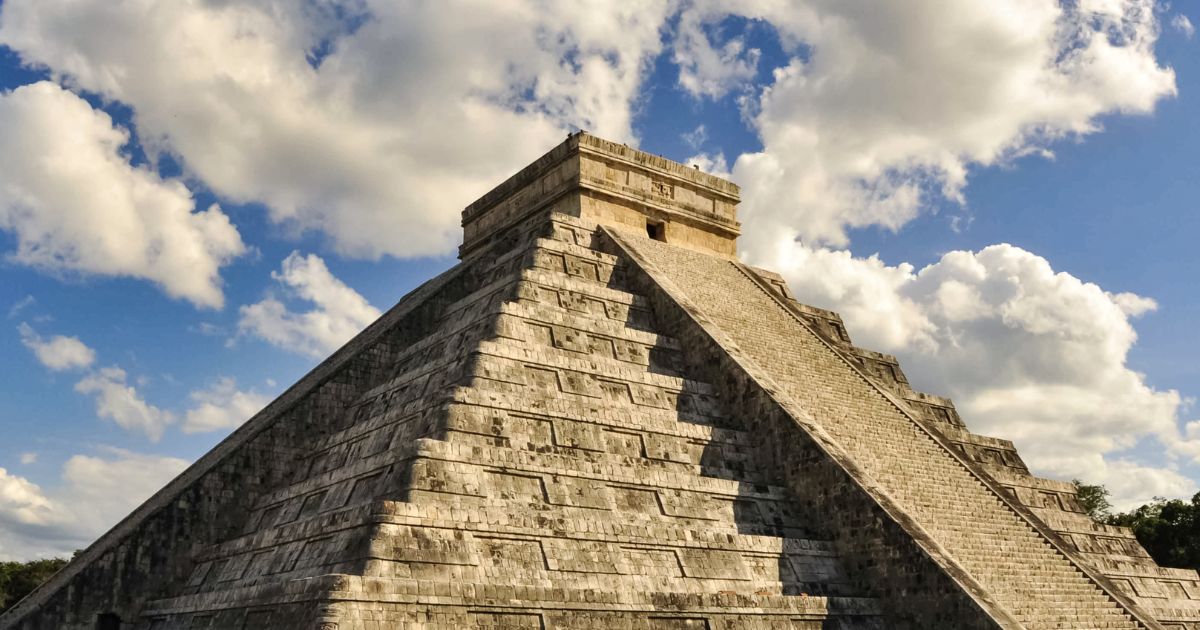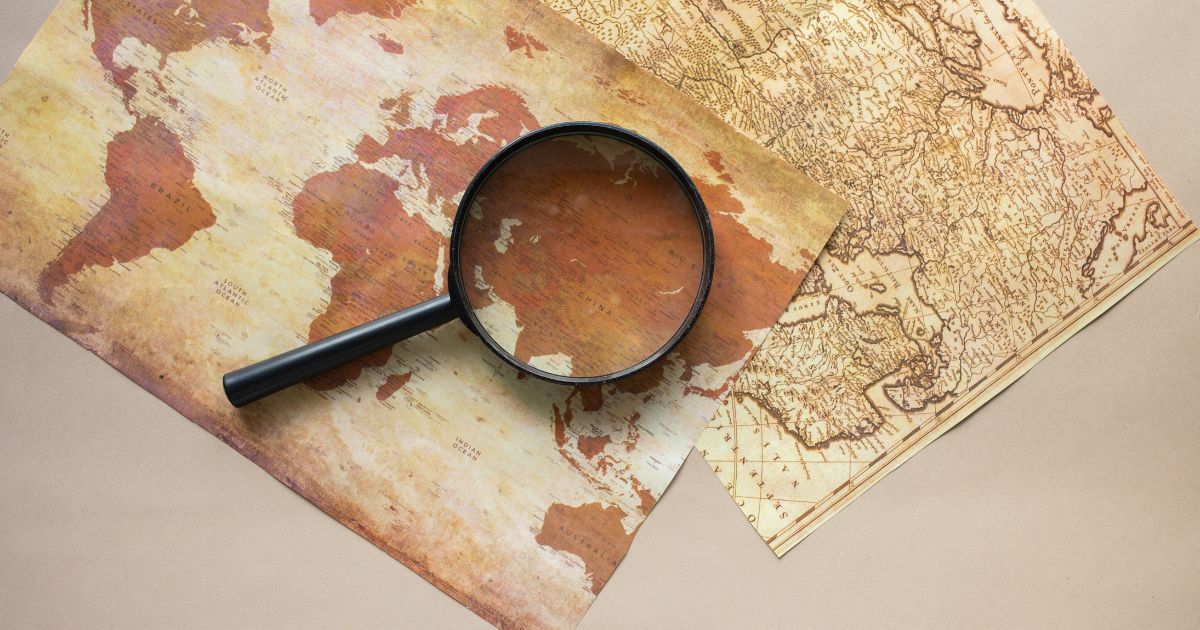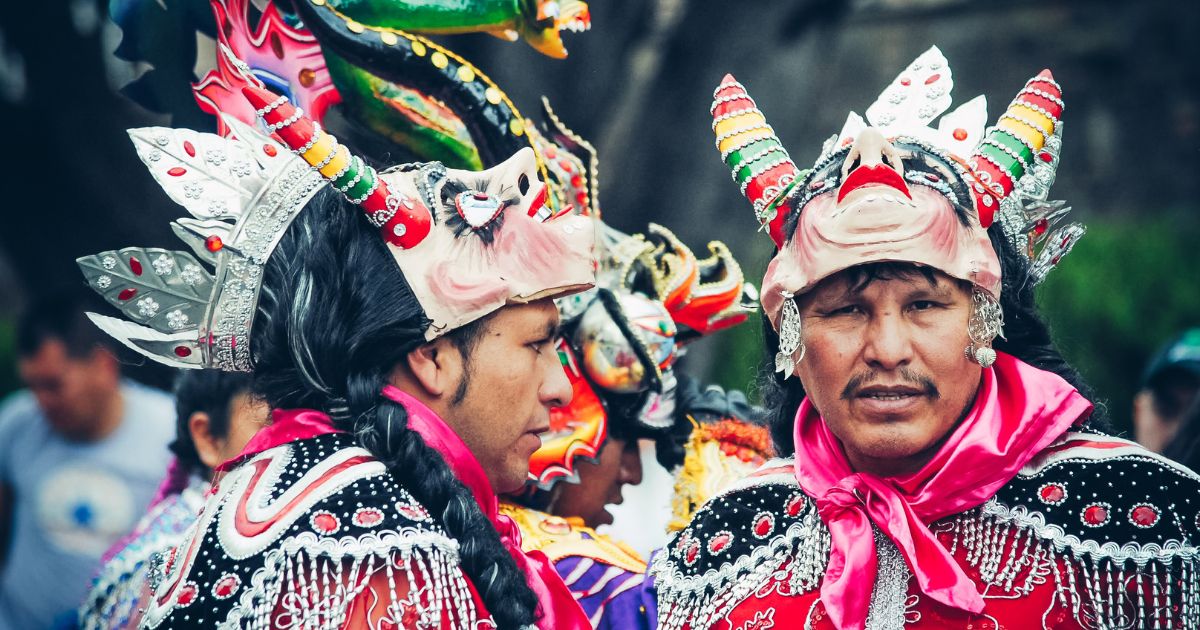Expanding your mind with essential general knowledge is more than just memorizing facts—it’s about understanding the world, connecting ideas, and sharpening your critical thinking. From the triumphs of ancient civilizations to breakthroughs in science and technology, and the richness of world cultures, having a broad knowledge base empowers you to engage in meaningful conversations and make informed decisions.
In this article, we’ve compiled 25 must-know insights that cover history, geography, literature, inventions, and cultural milestones. Whether you’re preparing for a quiz competition, enhancing your memory and brainpower, or simply nurturing your curiosity, these essential general knowledge facts will help you expand your perspective and stay intellectually agile.
Science & Nature

The natural world is full of wonders that challenge our assumptions and fuel scientific discovery. Explore these five intriguing insights that reveal the complexity and beauty of life on Earth and beyond.
- Our Sun Is Actually White, not yellow or orange as we often perceive. Earth’s atmosphere scatters shorter blue wavelengths of sunlight, making the Sun appear yellowish from the ground. In space, however, astronauts see it as a pure white star, revealing the true color of our home star.
- Bananas Are Berries, but Strawberries Aren’t, botanically speaking. Bananas develop from a single flower with multiple ovaries, classifying them as berries. Strawberries, on the other hand, form from a flower with multiple separate ovaries; the red & juicy part is an enlarged receptacle, making them an “aggregate accessory fruit”.
- Water Can Exist in Three States Simultaneously, at a specific point called the triple point. Under precise temperature and pressure conditions (0.01°C and 611.657 pascals), ice, liquid water, and water vapor coexist in thermodynamic equilibrium—a curious phenomenon exploited in scientific research.
- Octopuses Have Three Hearts, two that pump blood through the gills and one that circulates it to the rest of the body. Their blue blood contains copper-based hemocyanin, which is more efficient than human hemoglobin at transporting oxygen in cold, low-oxygen environments.
- There Are More Trees on Earth Than Stars in the Milky Way, with an estimated three trillion trees versus 100–400 billion stars in our galaxy. This staggering ratio highlights the vastness of our planet’s biosphere and the importance of conserving its forests.
History & Civilization

From ancient empires to pioneering inventions, human history is a tapestry of achievements and lessons. These five insights will deepen your appreciation of our collective past.
- The Great Library of Alexandria was a Multicultural Hub, attracting scholars from Egypt, Greece, Persia, India, and beyond. By the 3rd century BCE, it housed hundreds of thousands of scrolls in diverse languages, fostering unprecedented intellectual exchange until its tragic decline.
- Gold Was Used as Currency in Ancient Mesopotamia, but silver was the primary medium for everyday transactions. Standardized silver pieces called shekels facilitated trade across city-states, illustrating early sophistication in economic systems more than 3,000 years ago.
- The First Recorded Vaccine Was for Smallpox, developed by Edward Jenner in 1796. Observing milkmaids who’d contracted cowpox enjoyed immunity, Jenner inoculated a boy with cowpox pus, then exposed him to smallpox—laying the foundation for modern immunology.
- The Taj Mahal Changes Color Throughout the Day, appearing pale pink at dawn, dazzling white in daylight, and golden under the moonlight. This deliberate design choice reflects Mughal aesthetic principles and the emperor’s devotion to his late wife.
- China’s Grand Canal Is the World’s Longest Ancient Waterway, stretching over 1,100 miles. Constructed between the 5th and 13th centuries CE, it linked major rivers, facilitated grain transport, and unified the economic heartland of imperial China.
Geography & Places

Earth’s landscapes are filled with extremes and peculiarities. Discover five geographic marvels that illustrate our planet’s diversity.
- Antarctica Is the World’s Largest Desert, receiving less precipitation than the Sahara. Despite its ice cover, it classifies as a desert by rainfall criteria—and scientists study its dry valleys to understand Mars-like conditions.
- Canada Has More Lakes Than Any Other Country, containing about 60 per cent of the world’s freshwater lakes. With over two million bodies of standing water, Canada’s lakes cover more surface area than any other nation.
- Mount Everest Grows Taller Every Year, by roughly 4 millimetres due to tectonic plate movements. The Indian plate continues to push beneath the Eurasian plate, uplifting the Himalayan range incrementally over millennia.
- Lake Baikal holds 20 per cent of Earth’s Unfrozen Freshwater, making it the largest freshwater reservoir by volume. Its unique ecosystem hosts thousands of plant and animal species, many of which are found nowhere else on the planet.
- The Tropic of Capricorn Shifts Southward, at about 15 meters per year because of changes in Earth’s axial tilt. These subtle shifts affect climate zones and the defined boundaries of tropical regions over centuries.
Culture & Society

Our shared humanity is reflected in art, customs, and social innovations. Here are five cultural insights that illuminate diverse traditions and human creativity.
- Japan’s Shokunin Spirit Embraces Craftsmanship, valuing mastery, dedication, and pride in work—whether in sushi, pottery, or carpentry. This ethos underscores the Japanese belief that true artisans continually refine their skills throughout life.
- The World’s Oldest Known Textiles Date Back Over 28,000 Years, found in the Republic of Georgia. Cave-dwelling ancestors spun and dyed fibers from wild flax, revealing advanced techniques long before settled agriculture.
- Carnival in Rio de Janeiro Is the Largest Party on Earth, attracting over two million revelers per day at its peak. Rooted in Portuguese traditions and Afro-Brazilian culture, the festival showcases elaborate samba parades and vibrant street celebrations.
- Istanbul Straddles Two Continents, with neighborhoods in both Europe and Asia. The Bosphorus Strait divides the city, creating a unique metropole where East meets West in architecture, cuisine, and everyday life.
- The World’s First Modern Olympics Were Held in 1896, in Athens, reviving an ancient Greek tradition. With 241 athletes from 14 nations competing in nine sports, it set the precedent for the global sporting events we know today.
Language & Communication

Words shape our thoughts and connect cultures. Dive into five language insights that reveal the power and quirks of human communication.
- There Are Over 7,000 Languages Spoken Worldwide, but half of humanity communicates in just 23 of them. This uneven distribution highlights both the richness of linguistic diversity and the pressures facing endangered tongues.
- The Longest English Word Has 189,819 Letters, representing the chemical name for the protein Titin. Often abbreviated, its full form would take over three hours to pronounce, illustrating the complexity of biochemical nomenclature.
- Sign Languages Are Fully Complex Languages, with their own grammar, syntax, and regional dialects. American Sign Language (ASL), for example, is unrelated to British Sign Language (BSL), despite sharing the same spoken language.
- The Word “Alphabet” Comes from Alpha and Beta, the first two letters of the Greek alphabet. This etymology reflects the origin of many European writing systems, which trace back to ancient Greek and Phoenician scripts.
- Bilingualism Can Delay Dementia, by an average of four years. Regularly switching between languages strengthens cognitive reserves, demonstrating a powerful link between linguistic diversity and brain health.
These 25 general knowledge insights span the realms of science, history, geography, culture, and language—empowering you with conversation starters, trivia boost, and a deeper appreciation for the world around you. Use them to challenge yourself, share with friends, or simply revel in the joy of learning.
Embrace these facts, keep exploring new topics, and watch your curiosity—and confidence—soar. After all, knowledge is more than power; it’s a lifelong adventure waiting to be discovered.
Learn More: 20 Surprising General Knowledge Facts to Enlighten and Amaze







